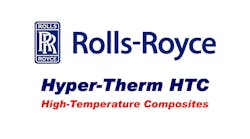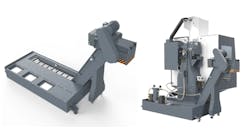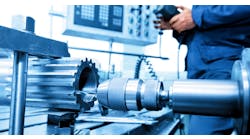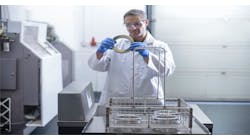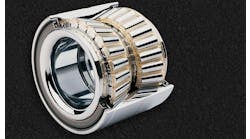Gas turbine engine builder Rolls-Royce reported it acquired Hyper-Therm High Temperature Composites, Inc., a California company that produces composite materials, including ceramic matrix composites (CMCs.) I t also develops and produces engineered coatings and thermal-structural components.
The value of the purchase was not revealed. Hyper-Therm HTC will become a wholly owned subsidiary of Rolls-Royce. Its headquarters in Huntington Beach, Calif., will be the group’s “hub for technical development of CMCs,” which it noted have applications in numerous future Rolls-Royce power systems.
These composite materials offer high-temperature strength in gas turbine engine components, thus reducing the requirement for cooling air.
Also, Rolls-Royce pointed out that because CMCs typically have one-third of the density of nickel super alloys, they could be used to reduce the weight of components, which would have environmental advantages for turbine engines.
“Our customers are always seeking ways to make turbine engines lighter, stronger and more fuel-efficient, while reducing maintenance costs,” according to John Gallo, Rolls-Royce North America executive vice president of operations.
Rolls-Royce designs and builds “power systems” for land, sea, and aircraft purposes, and provides and provides related services to its customers in civilian aerospace, defense aerospace, marine, and energy markets.
Rolls-Royce North America Inc. is headquartered in Reston, Va., and its 66 operations across the U.S. and Canada conduct R&D, design, engineering, manufacturing and assembly, testing, repair, and overhaul of advanced gas turbine engines and components, marine propulsion and shoplift systems, and oil-and-gas pipeline pumping and power-generation packages.
Among Rolls-Royce customers are 300 airlines, 4,000 corporate and utility aircraft and helicopter operators, 160 armed forces, and over 4,000 marine customers, including 70 navies, and energy customers in over 80 countries.
“The application of CMCs in the aerospace industry will help our customers improve operational performance and energy management,” Gallo said. “We expect CMCs will revolutionize the weight and performance of engines that currently rely on single-crystal superalloys found in today’s most advanced engines.”
